So You Need Therapy but Can't Afford It. Now What?

When You Can't Pay for Therapy
A staggering 90% of Americans say that the U.S. is experiencing a mental health crisis. And yet, access to care remains terrible, with the largest barrier being inadequate insurance coverage and the cost of health care. But you don’t need statistics to know that the U.S. health care system is profoundly cruel and broken. Whether it’s a friend, a loved one, or even yourself, we all know someone who desperately needs help but can’t afford therapy. While we can’t offer a magic bullet — after all, the health care system is a dumpster fire — we have a few ideas for cheap therapy for the insured and uninsured.
Related: The Secret to Negotiating a Lower Medical Bill
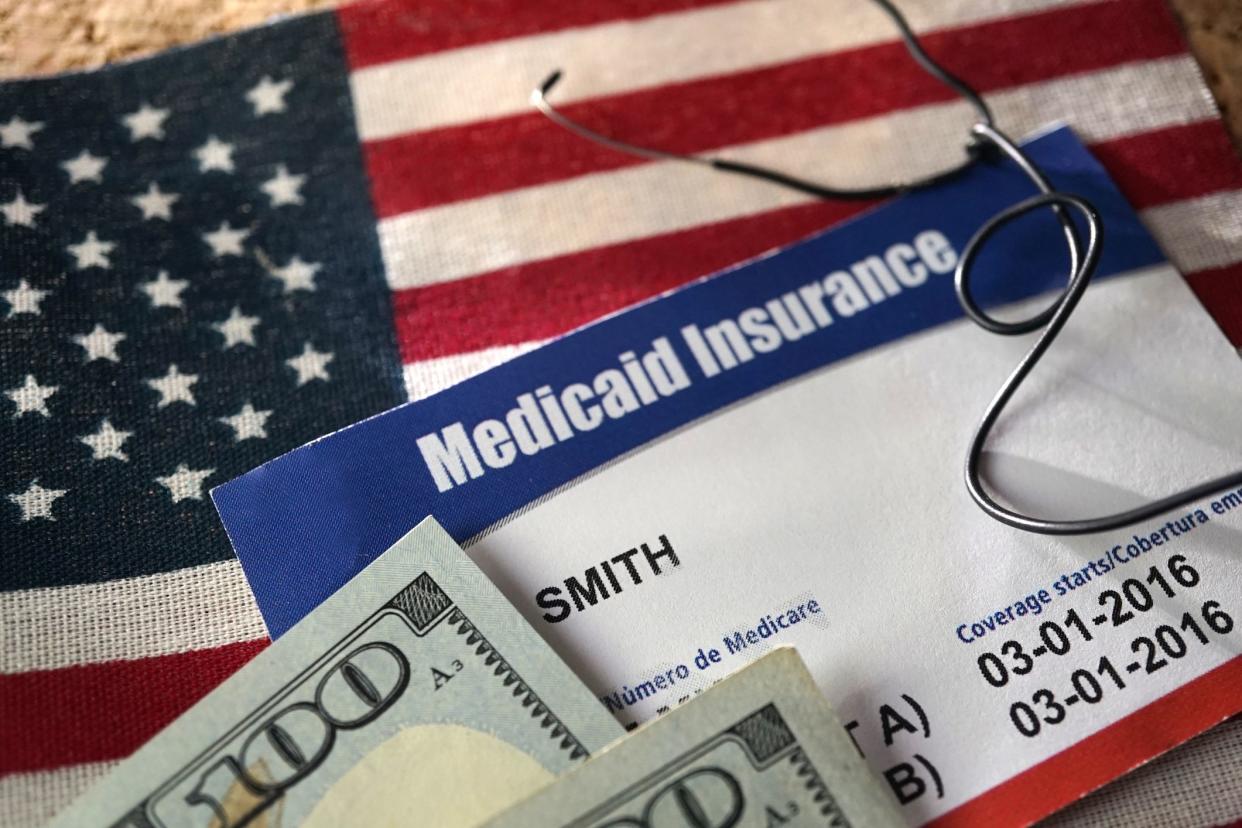
Medicaid
While the government doesn’t provide much in this country, low-income Americans do benefit from Medicaid, a public health insurance program that limits premiums and out-of-pocket costs. If you’re eligible for this government program (find out more here), then you’ll have access to affordable mental health care.
Related: These Are the Worst (and Best) States for Accessing Affordable Health Care

Sliding Scale Therapy
Even if you don’t have insurance, some therapists are willing to negotiate their rates using a sliding-scale pricing structure based on income. You can also ask for shorter or more infrequent sessions to cut costs.
Related: How To Create a Brain-Calming Morning Routine for Less Than $40
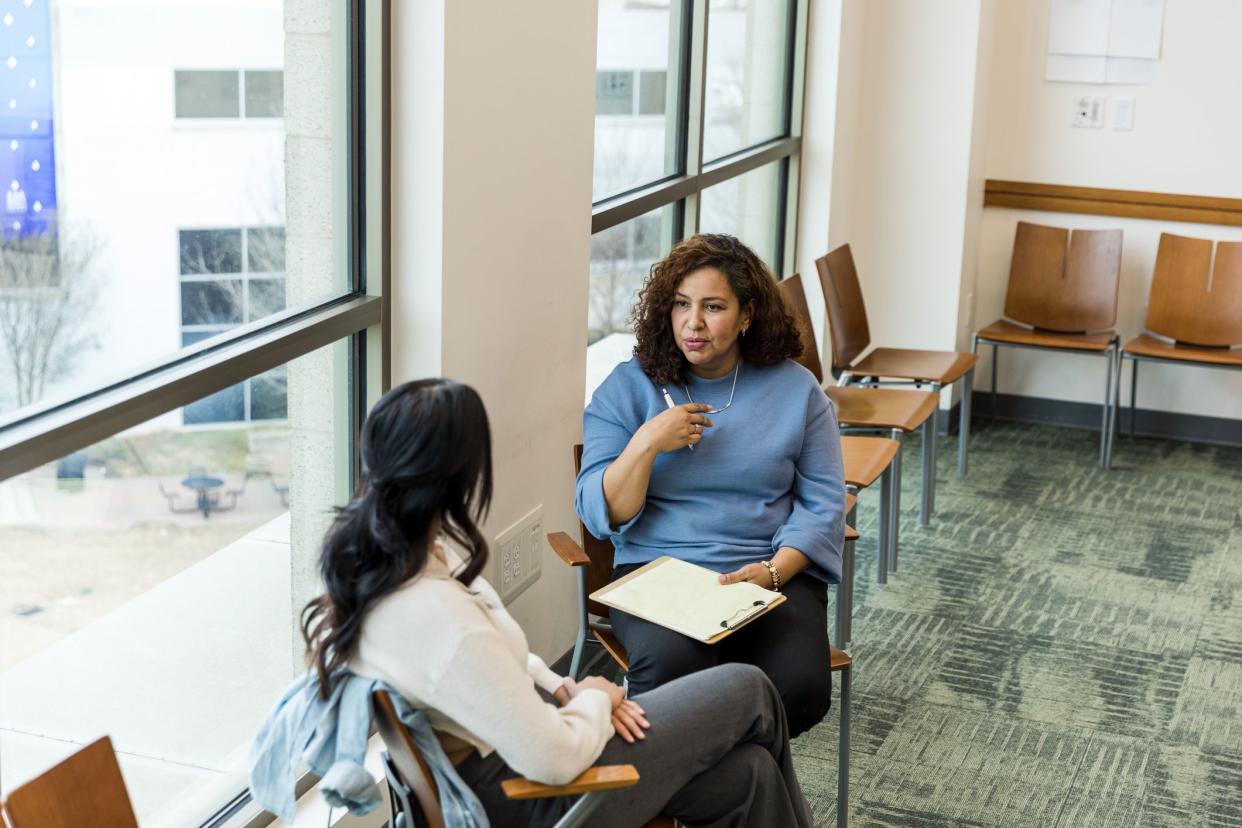
University Clinics
Many university psychology departments run low-cost mental health clinics that offer sliding-scale pricing. Contact colleges and universities in your area to see if they offer similar programs, or search the web for nearby university mental health clinics.
Related: 5 Cheapest Ways To See a Doctor Without Insurance
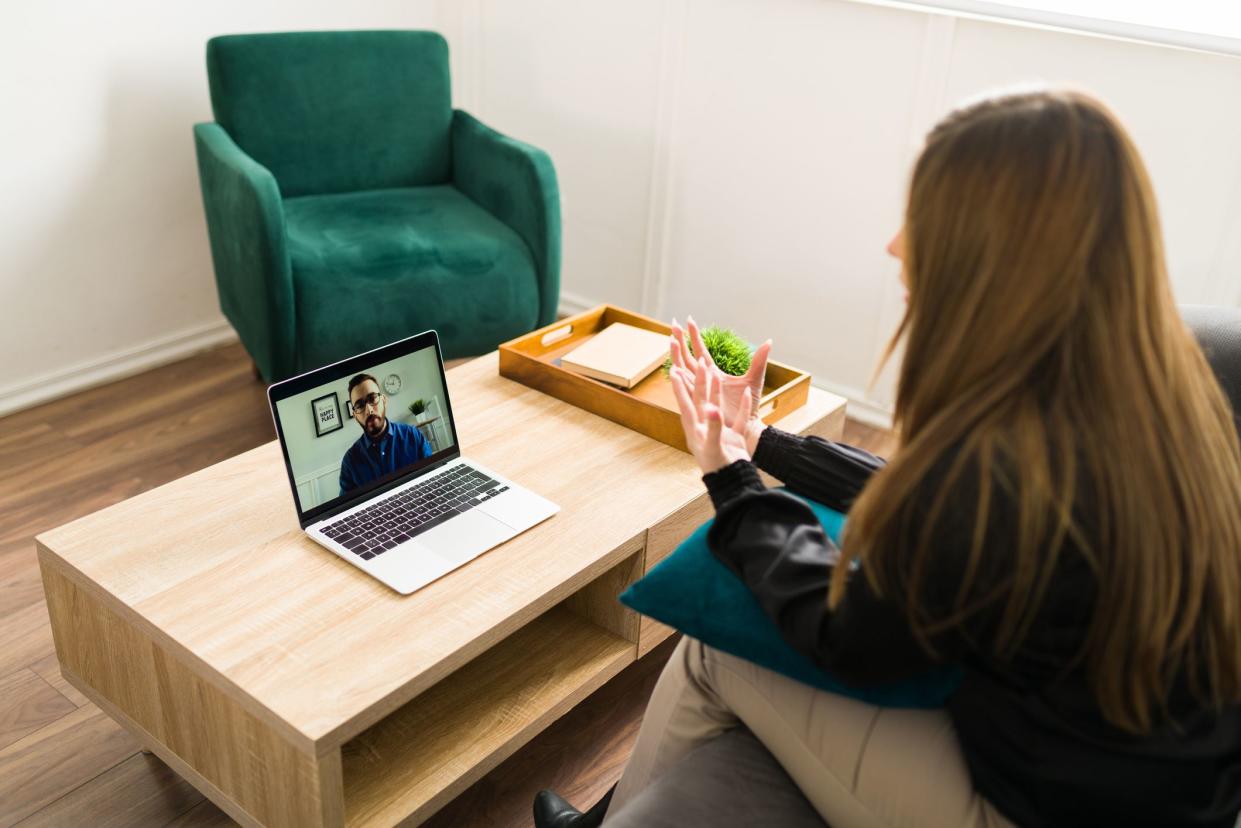
Online Therapy
In the past decade, there’s been an explosion of online therapy platforms, and multiple studies have shown that virtual therapy can be just as effective as in-person mental health care. Seeing an online therapist is also cheaper, with some providers offering sessions for as low as $60 for uninsured patients. That said, reviews for cheap online therapy sites like BetterHelp and Cerebral are mixed, therapists say the working conditions are bad, and companies have come under fire for sharing patients’ data with advertisers.
For more budget health tips, please sign up for our free newsletters.
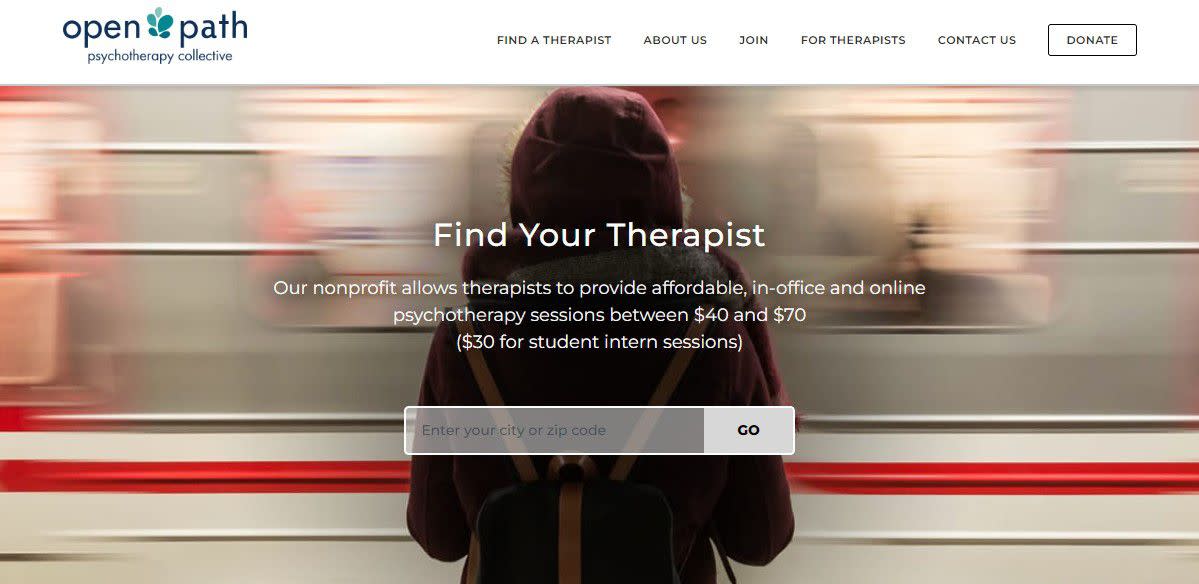
Nonprofit Organizations
Through the Open Path Psychotherapy Collective, patients can find in-person and online sessions between $30 and $70. While that’s significantly cheaper than the $100 to $200 that most therapists charge, the nonprfofit does charge a one-time $65 membership fee to use its platform. For a free alternative, you can search the National Association of Free & Charitable Clinics’ directory for low-cost mental health clinics in your area.
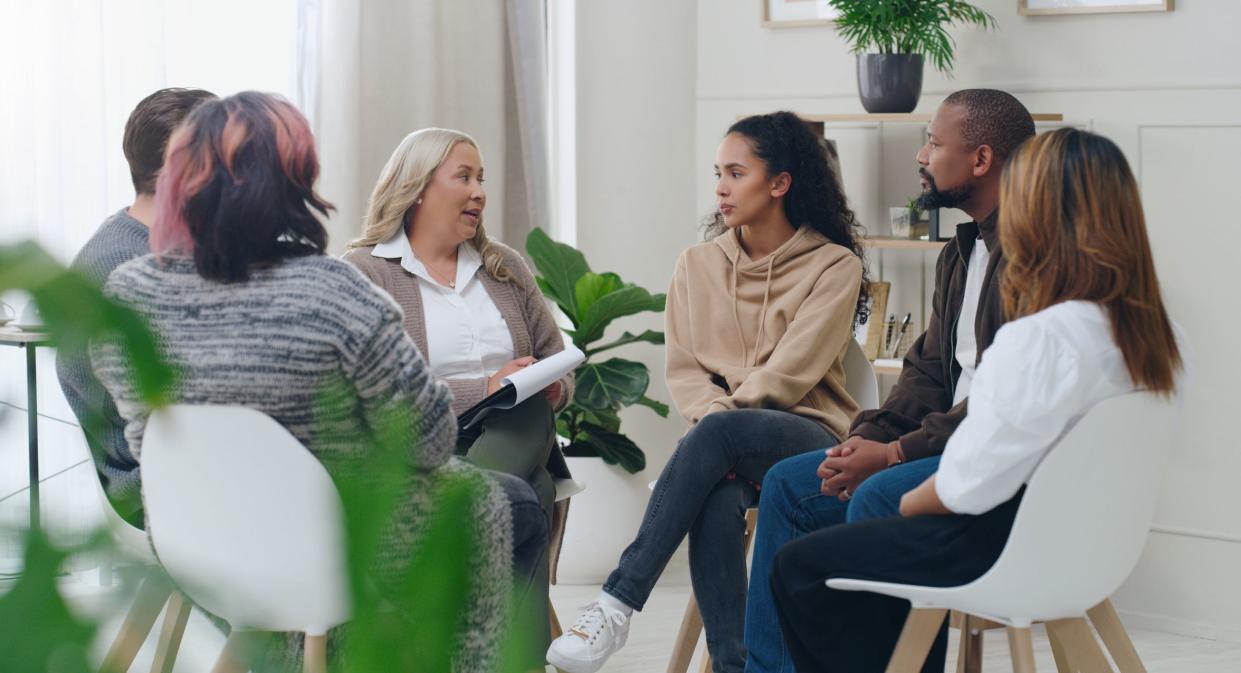
Support Groups
Don’t write off group therapy, which is significantly cheaper than individual therapy. No one likes the idea of discussing personal problems with a group of strangers, but group therapy has been shown to work as well as individual therapy for many conditions. To find a support group, you can consult databases from organizations like the Anxiety & Depression Association of America and The National Alliance on Mental Illness, or ask your general practitioner for a referral. University clinics often host support groups, too, so check with local institutions that offer mental health care.

Therapy Apps
Given the whole “move fast and break things” tech ethos, we can understand why you wouldn’t want to trust them with your confidential information. (We certainly don’t.) But we’d be remiss if we didn’t include therapy apps on our list of affordable mental health solutions, as research shows that they can be effective. Popular examples include Mindshift, an app that teaches users skills based on cognitive behavior therapy, and Take a Break!, which offers guided meditations.

Employee Assistance Programs (EAPs)
EAPs help workers with problems that might interfere with their job performance, including alcohol and substance use, relationship challenges, and other mental health issues. While I’m sure most workers would prefer better health insurance, a raise, and more vacation time to short-term counseling, sometimes an EAP is as good as you’ll get from your boss.
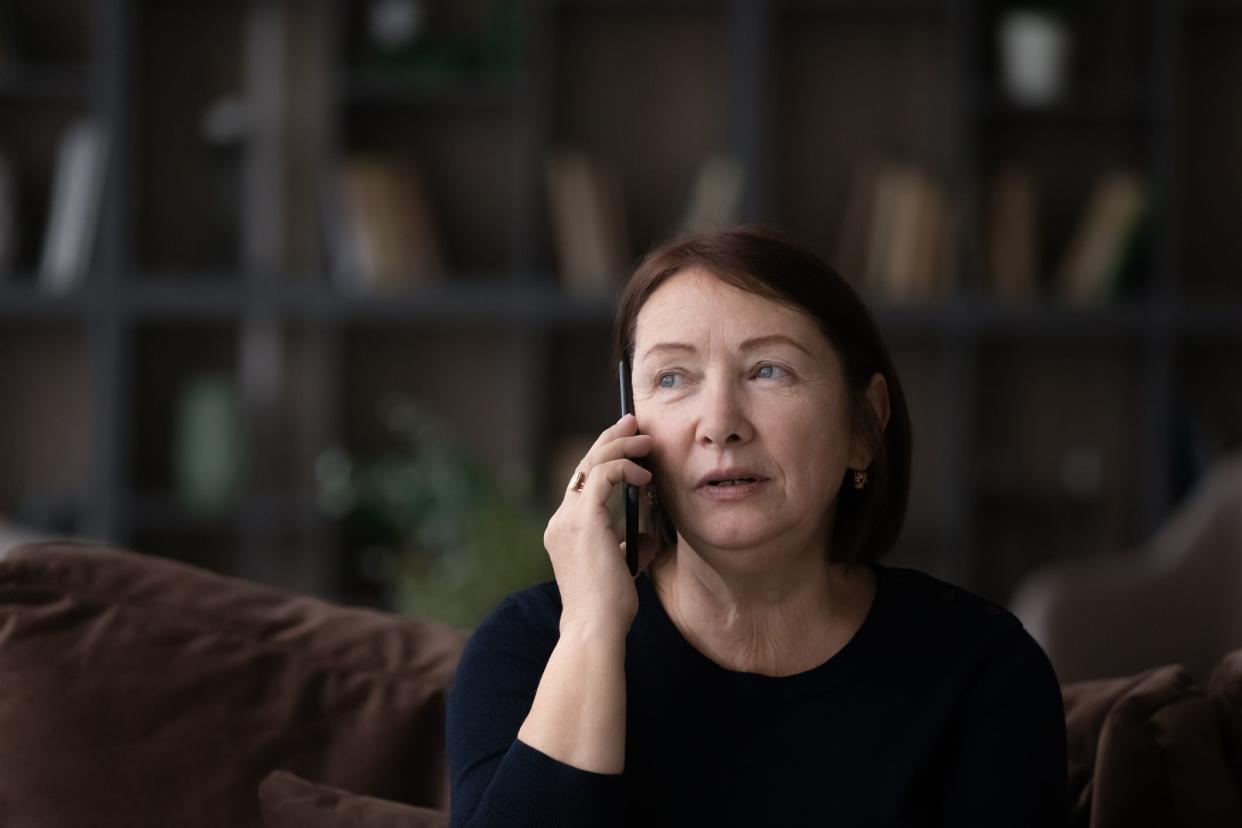
Crisis Hotlines
Need help now? Try one of the many free crisis hotlines listed on the American Psychological Association’s website, including some text-based options.
